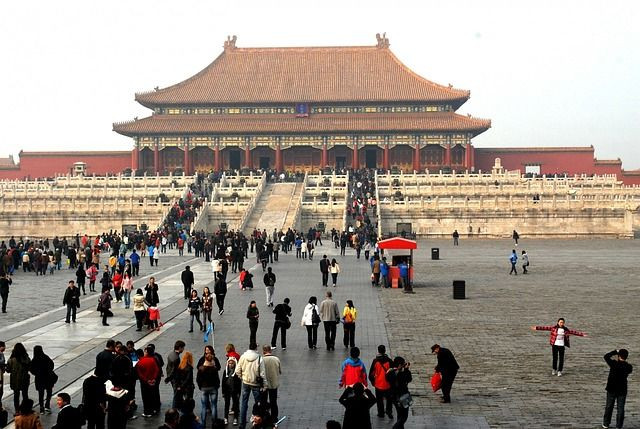China has increased the use of anal swabs to detect COVID-19 before flying to Beijing despite growing international protests.
According to a Chinese state media outlet, the government claims that such studies are more accurate than other virus screening processes.
Many nations -- including Germany, Japan, South Korea and the United States -- have expressed outrage about the process.
Li Tongzeng, the Beijing You'an Hospital's deputy director in charge of infectious diseases and one of the people who suggested anal swabs, said this procedure is more effective than other tests. He explained the virus "survives longer in the anus or excrement than those taken from upper body tracts."
Anal swabs, according to Li, can improve precision in critical cases. Still, they're not as convenient as nasal swabs, so they're only used in a small capacity, with only key groups in quarantine centers obtaining them.
Since experts detected two cases of the British coronavirus strain in the country, the government implemented a partial lockdown on the region. Anal swabs were also deployed to quarantine facilities as well as school settings.
Japan expressed dissatisfaction with the tests conducted on some Japanese visitors to China earlier this week, claiming that the tests had caused 'great psychological pain.'
Meanwhile, South Korea's foreign ministry has announced that people will now request stool samples rather than having them taken directly by Chinese authorities.
Last month, U.S. media announced that China asked American diplomats to take the anal swab test. But Beijing denied the allegations.
Zhao Lijian, a foreign ministry spokesman, said the Chinese medical staff assigned in the airports never obtained anal swab samples to U.S. diplomats.
According to Vice News, Germany expressed concern about the tests. The country claimed that some of its civilians had been subjected to "tightened procedures."
"We have repeatedly raised that issue vis-à-vis the Chinese government, especially [concerning] the medical tests and examinations taking place against the will of the persons concerned," a German diplomatic source told the website.
China also said it would perform serum antibody testing on all inbound international travelers who have reached the Chinese capital city since Dec. 10.
Wang Wenbin, a spokesperson for China's Foreign Ministry, defended the screenings as "science-based."
Wenbin explained the checks were "in compliance with developments in the disease condition as well as applicable laws and regulations."

© 2025 Latin Times. All rights reserved. Do not reproduce without permission.



